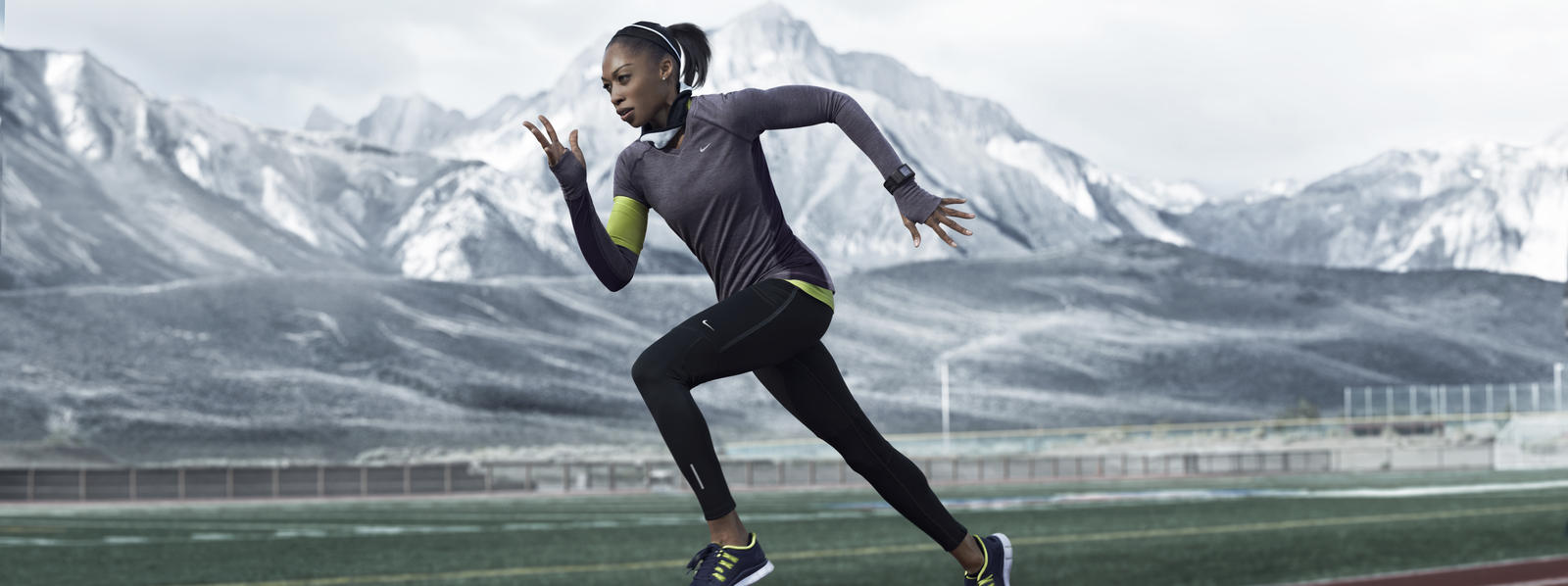Winter Warrior: Conquer Cold-Weather Marathons Like a Pro

<!DOCTYPE html>
Running a marathon in the winter is no small feat. The cold weather, icy conditions, and shorter days present unique challenges that demand preparation and strategy. Whether you’re a seasoned runner or a first-timer, mastering these elements can transform you into a true Winter Warrior. From gearing up correctly to adjusting your training routine, this guide will equip you with the knowledge to conquer cold-weather marathons like a pro. (winter marathon training, cold-weather running tips, winter running gear)
Gear Up for Success: Essential Winter Running Equipment

The right gear is your first line of defense against the cold. Investing in high-quality winter running apparel ensures you stay warm, dry, and comfortable throughout your run.
- Layering System: Start with a moisture-wicking base layer, add an insulating mid-layer, and top it off with a windproof and waterproof outer layer. (winter running clothes, cold-weather running gear)
- Footwear: Opt for shoes with excellent traction to navigate icy or snowy paths. Consider adding gaiters to keep snow out of your shoes. (winter running shoes, trail running shoes for snow)
- Accessories: Don’t forget gloves, a beanie, and a neck warmer to protect extremities from the cold. (winter running accessories, cold-weather running gloves)
Adjust Your Training: Tips for Cold-Weather Running

Winter running requires adjustments to your training routine to account for colder temperatures and shorter daylight hours.
- Warm-Up Indoors: Start your warm-up inside to loosen muscles before braving the cold. (indoor warm-up exercises, dynamic stretches for runners)
- Pace Yourself: Cold weather can make it harder to breathe, so adjust your pace accordingly. Listen to your body and avoid overexertion. (winter running pace, cold-weather running tips)
- Stay Hydrated: Even in the cold, hydration is crucial. Carry a thermos with warm fluids or use insulated hydration packs. (winter running hydration, cold-weather hydration tips)
Nutrition and Recovery: Fueling Your Winter Runs

Proper nutrition and recovery are essential for maintaining energy levels and preventing injuries during winter training.
- Pre-Run Fuel: Opt for warm, easily digestible meals like oatmeal or soup to keep your body fueled. (winter running nutrition, pre-run meals for cold weather)
- Post-Run Recovery: Change into dry clothes immediately after your run and consume a balanced meal with protein and carbs. (post-run recovery tips, winter running recovery)
- Supplements: Consider adding vitamin D and omega-3 supplements to combat seasonal deficiencies. (winter running supplements, cold-weather health tips)
❄️ Note: Always test your gear and nutrition strategies during shorter runs before race day to avoid surprises.
Race Day Strategies: Dominate Your Cold-Weather Marathon

Race day requires meticulous planning to ensure you perform at your best despite the cold conditions.
- Dress Appropriately: Wear layers you can shed as you warm up, but avoid overdressing to prevent overheating. (race day outfit, winter marathon clothing)
- Arrive Early: Give yourself ample time to warm up indoors and acclimate to the weather. (race day preparation, cold-weather marathon tips)
- Stay Focused: Maintain a positive mindset and focus on your pacing strategy to achieve your goals. (mental preparation for marathons, winter running motivation)
| Gear | Purpose |
|---|---|
| Moisture-Wicking Base Layer | Keeps sweat away from the skin |
| Insulated Mid-Layer | Provides warmth in cold conditions |
| Windproof Outer Layer | Protects against wind and moisture |

Winter Warrior Checklist

- ✅ Invest in high-quality winter running gear.
- ✅ Adjust your training routine for cold weather.
- ✅ Focus on proper nutrition and recovery.
- ✅ Plan meticulously for race day.
Conquering a cold-weather marathon is a testament to your dedication and resilience. By gearing up properly, adjusting your training, and focusing on nutrition and recovery, you’ll be well-prepared to face the winter elements head-on. Remember, every mile in the cold builds strength, both physically and mentally. Embrace the challenge, and let your inner Winter Warrior shine. (winter marathon preparation, cold-weather running motivation, winter running success)
What should I wear for a winter marathon?
+Layer up with a moisture-wicking base layer, an insulating mid-layer, and a windproof outer layer. Don’t forget gloves, a beanie, and proper footwear. (winter marathon clothing, cold-weather running gear)
How do I stay hydrated during winter runs?
+Carry a thermos with warm fluids or use insulated hydration packs to ensure you stay hydrated. (winter running hydration, cold-weather hydration tips)
Can I train for a marathon in the winter?
+Yes, with proper gear, adjusted training routines, and focus on nutrition, winter marathon training is achievable. (winter marathon training, cold-weather running tips)


